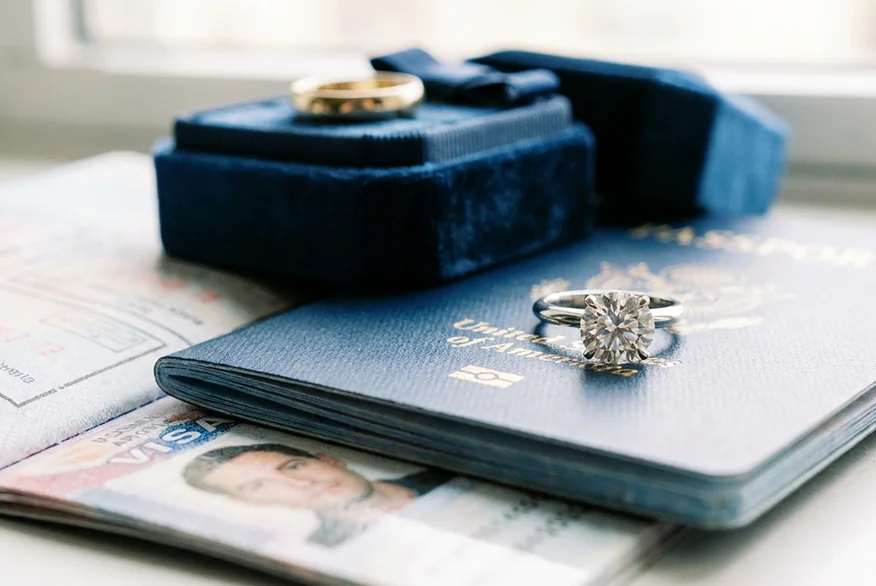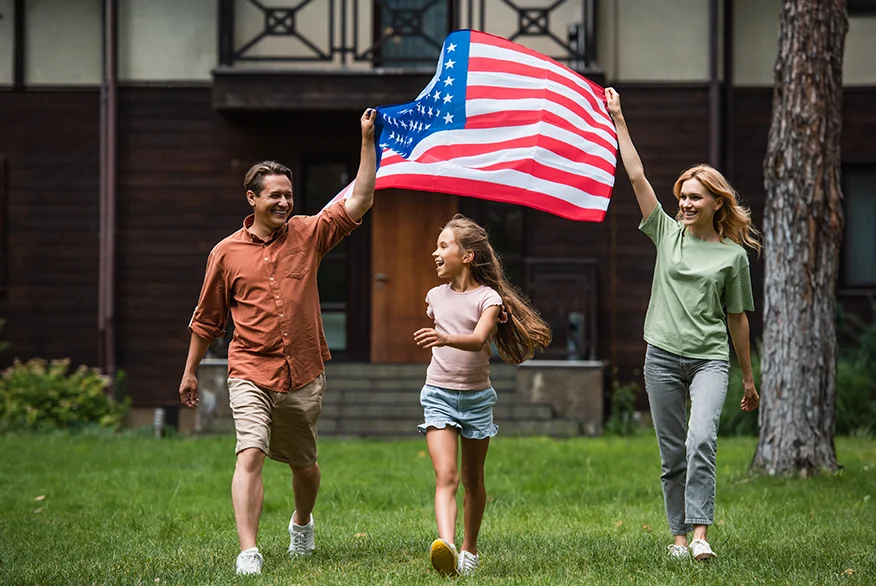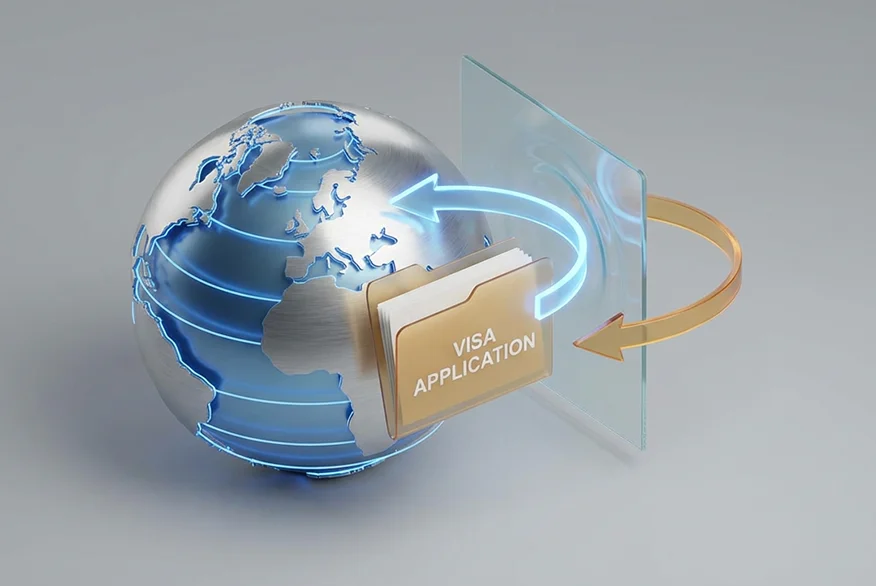Students
If you are coming to the US for tourism, but would also like to take a short course of study that is less than 18 hours per week, you may be able to do so. However, if your course of study is more than 18 hours per week, you will need a student visa. Of the hundreds of thousands of students that come to the U.S. on a student visa annually, some run into immigration issues or have related questions. SG Legal Group is here to help!
Our office often handles applications for F1 visa, Changes of Status from B1/B2 to F-1, Adjustment of Status to Permanent Resident based on Marriage of Employment.
What are the eligibility requirements for an F-1 visa?
- Apply and be accepted into a course of study at a SEVP-approved school in the United States. SEVP-approved schools are not just universities — they can also be high schools, seminaries, private elementary schools, conservatories, or a language program.
- You must be enrolled as a full-time student at the institution.
- You must be proficient in English or be enrolled in courses leading to English proficiency.
- Have proof of sufficient financial funds to support study in the United States.
- Have ties to your home country that show an intent to return after you finish studying in the United States, since the F-1 visa program is a temporary visa.
- Live outside the United States when you apply.
For many students, the lengthiest part of the process is applying and being accepted into a U.S. academic institution. SG Legal Group’s help can be especially valuable after you have already accepted an enrollment offer.
Can I change my status from B Visitor to F-1?
Under certain circumstances, a change of status from B-1 or B-2 to F-1 is permissible. Before you apply for a change of your nonimmigrant status while remaining in the United States, you need to meet several basic requirements:
- you were lawfully admitted to the United States in a nonimmigrant status;
- your nonimmigrant status remains valid;
- you have not violated the conditions of your status;
- you have not committed any crimes or engaged in any other actions that would make you ineligible for change of status; and
- you had no preconceived intent to study when you arrived to the U.S.
Can I become a permanent resident if I marry a US citizen OR a Permanent Resident?
If you’re an F-1 student who recently married a U.S. citizen or green card holder, you can apply for a marriage-based green card to stay and live with your spouse in the United States. This process is officially known as “adjustment of status”.
Before applying, it’s important to be aware of your eligibility and any potential problems that may arise in the process. It’s also crucial to understand how timing can affect the success of your application.
If you’re married to a U.S. citizen, your spouse may start the process by submitting a form I-130 visa petition on your behalf. If you entered the US lawfully, you can also file for Adjustment of Status (Form I-485) at the same time and get a green card without having to leave the US.
If you’re married to a green card holder, your spouse may start the process by submitting a form I-130 visa petition on your behalf. However, whether you may file for Adjustment of Status (Form I-485) will depend on the Visa Bulletin and whether a visa number is available.
Can I become a permanent resident through employment?
If you attain employment while studying, you can have your employer sponsor you. One option for students who are in the U.S. on F-1 visas and wish to become Green Card holders is to apply for an EB-1 visa, also known as first-preference employment-based visas. This visa is intended for foreign nationals with extraordinary abilities. If you cannot meet the stringent criteria for the first-preference EB-1 visa, you may be able to secure an EB-2 or EB-3 visa, which are the second- and third-preference employment-based immigration visa categories, respectively.
EB2 visas are reserved for people in the following three categories:
- Receiving an offer for a job that requires an advanced degree and holding that degree or a minimum of a bachelor’s degree and five years of progressive job experience
- Possessing exceptional ability in the sciences, business, or arts
- Having a national interest waiver for the position
The EB3 or third-preference employment-based immigration visa is reserved for skilled workers, professionals, and certain other workers. Skilled workers must have a minimum of two years of work experience or training in their fields, a labor certification and an offer of employment for a permanent, full-time position for which there are no U.S. citizens available to fill it. Moreover, professionals must hold at least a bachelor’s degree and a job offer in their field. Unskilled workers must be able to perform unskilled labor work in the U.S. for which U.S. workers are not available and hold job offers.
Visitors
Visitors who want to enter the U.S. temporarily for business (B-1 category) or tourism/ pleasure (B-2 category) or a combination of both purposes must obtain a B-1/B-2 nonimmigrant visa.
Some foreign nationals of certain countries may qualify for a limited 90-day entry with ESTA under the Visa Waiver Program. All other foreign nationals will need to attend a visa interview abroad at a U.S. Consulate or Embassy before they can enter the U.S. as visitors. Canadians are visa exempt and do not need a visa to enter the U.S.
B-1: Business Visitors
Generally, permissible B-1 business activities include work that is necessary and incidental to a B-1 visitor’s regular employment abroad. This covers a wide range of activities such as:
- Attending and participating in scientific, educational, professional, or business meetings, conventions, conferences, or seminars;
- Consulting with business associates;
- Engaging in negotiations and executing contracts;
- Attending trade shows;
- Taking orders for goods produced and located outside the U.S. (NOTE: B-1 Visitors can NOT complete or fill the actual order while in the U.S.); and
- Researching options for opening a business in the U.S. (such as locating or entering into a lease for office space).
A business visitor may also come to the U.S. to secure funding for a new business. However, after securing the funding, the person cannot remain in the U.S. to start actual business operations or to manage the business or employees in the states.
Personal or Domestic Employees: Qualified personal or domestic employees may travel to the U.S. in B-1 status under certain circumstances when accompanying:
- A U.S. citizen employer who lives permanently outside the U.S. or is stationed in a foreign country and is visiting or is assigned to the U.S. temporarily; or
- A foreign citizen employer in the U.S. who is in lawful nonimmigrant status.
For long-term or frequent professional-level work, management, and other hands-on activities in the U.S., a foreign national must obtain formal work authorization through an appropriate visa category.
B-2: Recreational Visitors
A B-2 visa is appropriate if the purpose of the planned travel is recreational in nature, such as tourism or visiting friends or relatives; is related to medical treatment; is related to activities of a fraternal, social, or service nature; or involves participation by amateurs who will receive no remuneration in musical, sports and similar events or contests.
Persons planning to travel to the U.S. for a different purpose including students, temporary workers, crew members, or journalists, must apply for a different category of visa.
Duration of Admission
The maximum period admission to the U.S. as a B-1/B-2 nonimmigrant is typically six months. However, the actual period of admission may be limited to the amount of time which is fair and reasonable for completion of the purpose of the visit.
It is important to note that individuals who develop a pattern of frequent travel as either B-1 or B-2 visitors may find that, over time, they are scrutinized more closely with each entry. B-1 and B-2 visitors should be prepared to show that they have strong ties abroad, such as employment, financial, and home ties.






